Singular and Plural —— Ideologies of Linguistic Authority in 21st Century Catalonia
----- 单数和复数:在21世纪的加泰罗尼亚语言意识形态的权威
A surge of public and political advocacy for an independent Catalonia has brought renewed urgency to questions about what it means, personally and politically, to speak or not to speak Catalan and to claim Catalan identity. This book develops a framework for analyzing ideologies of linguistic authority and uses it to illuminate the politics of language in Catalonia, where Catalan jostles with Castilian for legitimacy. Longitudinal research by the author across decades of political autonomy contextualizes this ethnographic study of the social meaning of Catalan in the 21st century. Part I lays out the ideologies of linguistic authenticity, anonymity, and naturalism that underpin linguistic authority in the modern western world, and gives an overview of a shift in the ideological grounding of linguistic authority in contemporary Catalonia. Part II examines public discourses in the media. Chapters analyze three public linguistic controversies, over an immigrant presidentâs linguistic competence, a municipal festival, and an international book fair. Part III explores linguistic practices and discourses at the individual level, drawing on classroom ethnographies and interviews with two generations of young people from the same high school. The book argues that there is an ongoing shift at both public and personal levels away from the ethnolinguistic authenticity that powered relations in the early transition to political autonomy, and toward new discourses of anonymity, rooted cosmopolitanism, and authenticity understood as a project rather than an essence.
{{comment.content}}
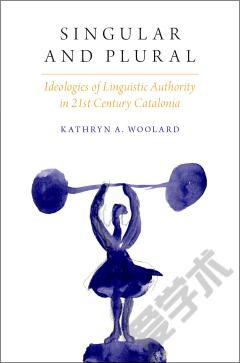


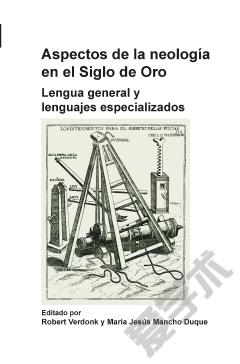
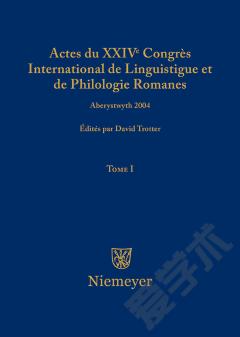
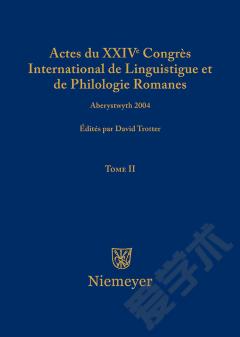
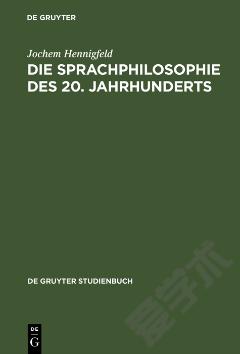

 京公网安备 11010802027623号
京公网安备 11010802027623号